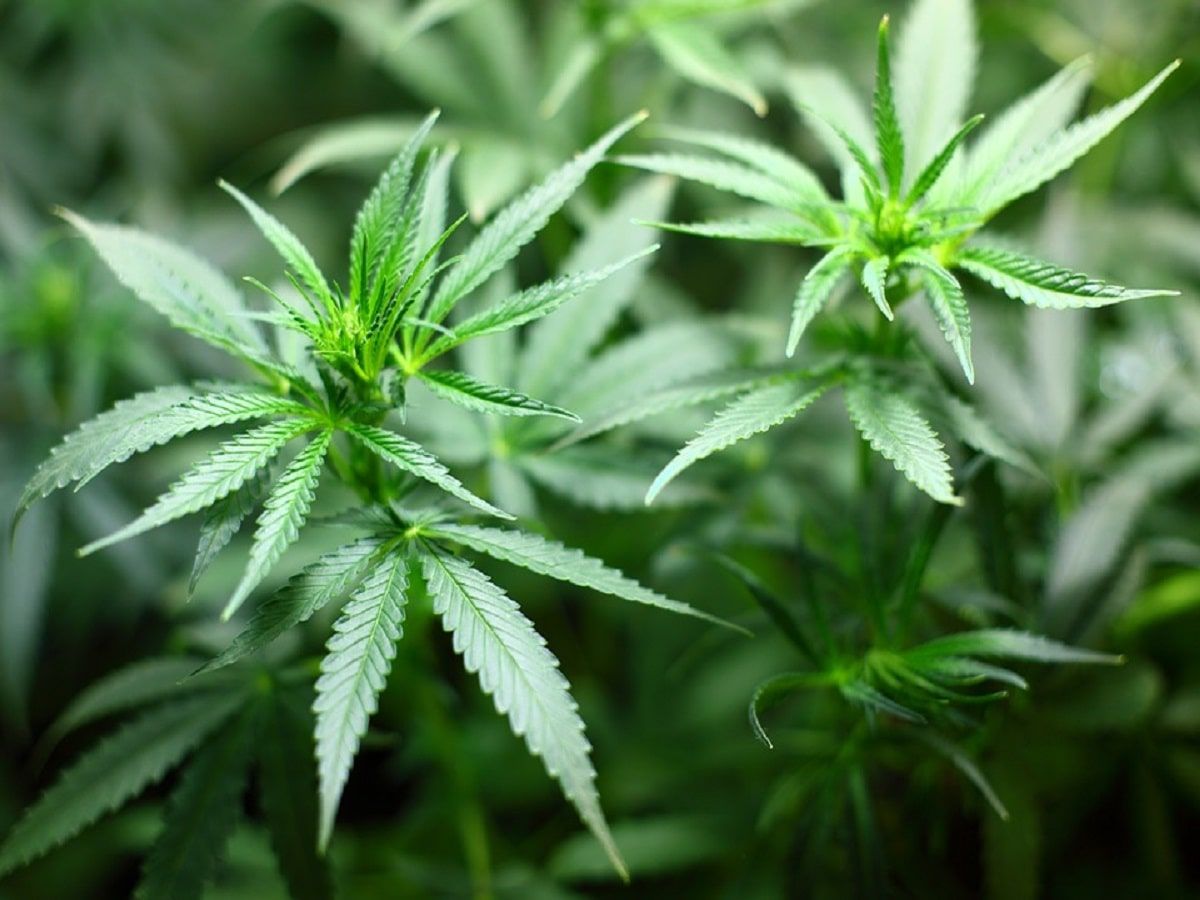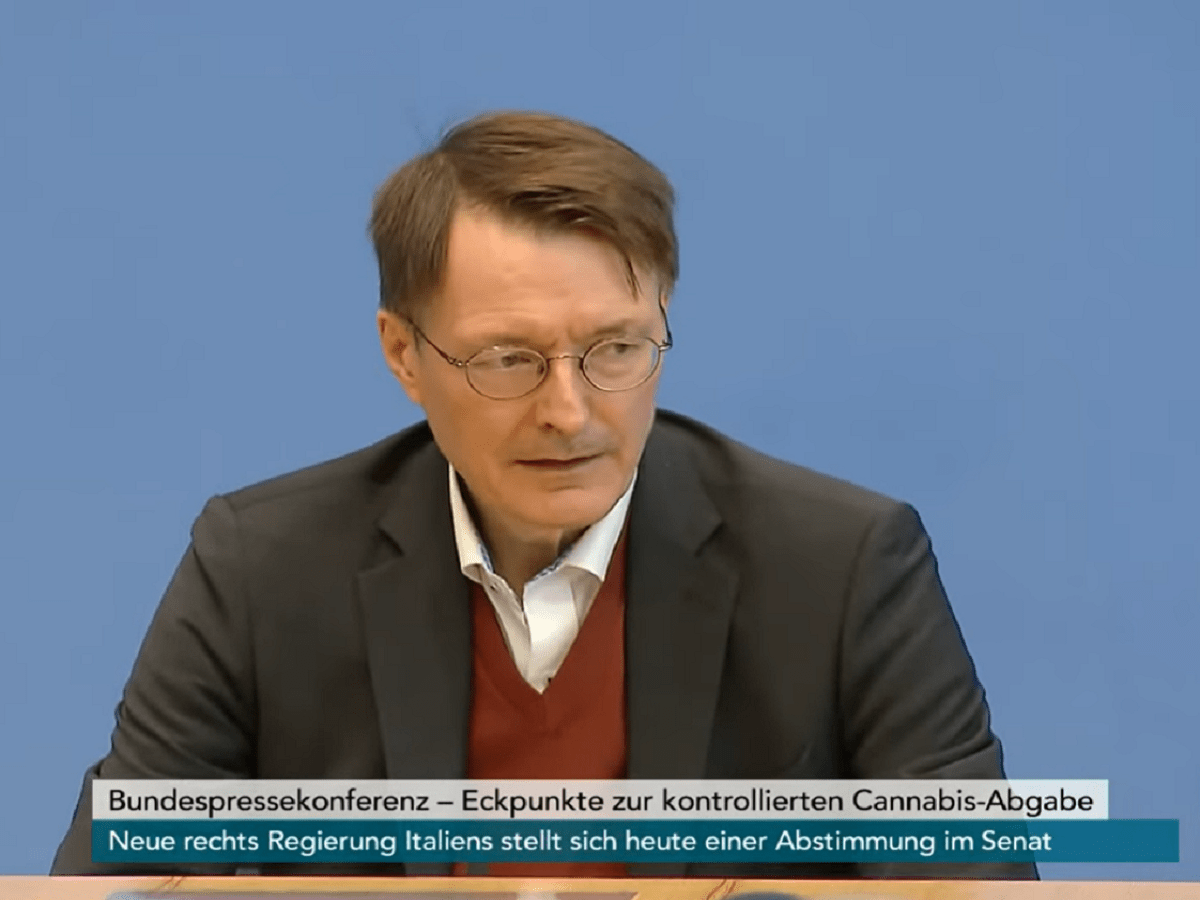Malta Home Affairs Ministry Is Reportedly ‘In Talks With A Main Bank’
A unique cannabis public policy and industry experiment is ramping up in Malta where non-profit adult-use cannabis clubs are expected in the near future. Starting next week, Malta’s government will begin accepting applications for non-profit adult-use cannabis clubs. The European nation became just the third country on earth to pass a national adult-use legalization measure in late 2021, with only Uruguay (2013) and Canada (2018) proceeding Malta. Non-profit cannabis clubs will serve as the backbone of Malta’s adult-use industry, and this week the nation’s Home Affairs Ministry reportedly entered into discussions with an unnamed ‘main bank’ that will be needed to help Malta’s emerging industry reach its full potential.
Access to the global banking system has proven to be difficult for certain entities in the public and private sector regarding cannabis commerce, although there are certainly examples of entities being able to successfully navigate the financial regulatory labyrinth in some instances. Still, getting consistent banking solutions pinned down is something that is a top priority for any emerging cannabis market, and Malta is no exception, so reports that there is progress on that front is encouraging.
A Somewhat Unique Model
Cannabis clubs are not a new phenomenon, so from afar, what is going on in Malta may not seem significant. After all, Uruguay and Canada both already permit cannabis clubs to operate in some fashion in certain jurisdictions. For that matter, Barcelona is home to hundreds of private cannabis clubs, albeit operating in a semi-grey area of the law. Yet, Malta is unique compared to those markets in that its entire cannabis commerce model will be based on licensed non-profit cannabis clubs. Home cultivation will be permitted, but the only way to legally purchase cannabis in Malta once clubs are implemented is via non-profit clubs.
It may seem nuanced, but as anyone that has paid attention to the ongoing cannabis banking saga will recognize this is a bit of a new wrinkle. Uruguay has experienced banking issues despite permitting non-profit cannabis clubs, but it also permits sales in pharmacies. That last component was the root of banking issues in Uruguay back in 2017. Major banks in Canada are the subject of a recent lawsuit due to alleged discrimination against cannabis companies. It will be interesting to see if Malta ever experiences the same hurdles given the fact that its legalization model is much more limited compared to Uruguay and Canada.
Helping Create The Blueprint
For many years I blogged about cannabis reform efforts in the United States, and many things have proven to be similar as I have transitioned to blogging about international reform efforts. Similar to different states in the U.S., within the international community there are clearly categories of nations when it comes to cannabis policy. Some are pro-cannabis, some are anti-cannabis, and some are seemingly indifferent. The pro-cannabis nations are doing what they can to get around international hurdles, and anti-cannabis nations are doing everything they can to cling to treaty provisions in an attempt to maintain the prohibition status quo wherever they can.
Due to international treaties, cannabis legalization cannot proceed unhindered in any nation. Even Uruguay and Canada had to consider international agreements and partnerships prior to legalizing, and even when they did proceed, they did so in defiance by some measures. In the Eastern Hemisphere things are proceeding differently. Leaders in nations like Malta and Germany are seeming to be getting more and more creative as they try to figure out a blueprint of sorts for what legalization may look like without violating agreements that extend beyond their borders. With that in mind, the banking discussions in Malta may not seem like a big deal, but if it can add to the previously mentioned metaphorical legalization blueprint in a meaningful way, it will indeed prove to be a very big deal.












